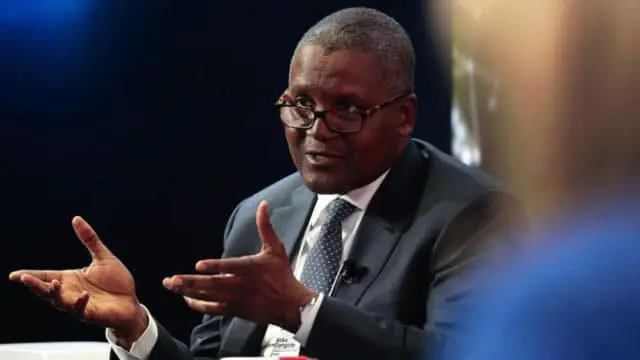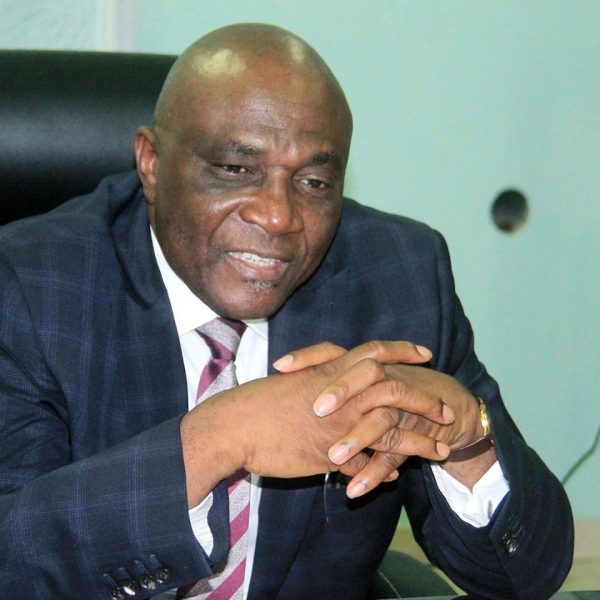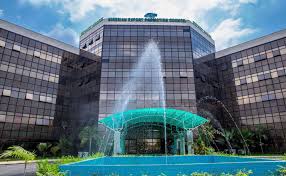Aliko Dangote, Chairman of the Dangote Group, has stated that his $20 billion, 650,000 barrels per day Lagos-based refinery will drive down fuel prices, just as it has decreased diesel prices in Nigeria.
Dangote announced this at the recent Afreximbank Annual Meetings and AfriCaribbean Trade & Investment Forum in Nassau, Bahamas.
When asked if his refinery will lower the pump price of petrol, which now sells for an average of N700 per litre, Dangote declined to comment, instead outlining how the price of diesel fell from N1,700 to N1,200 when his fuel invaded the Nigerian market.
He stated that his refinery currently has 4.78 billion liters of storage capacity for refined petroleum products.
“The issue of gasoline is certainly a different issue. That one is being dealt with by the government. But let me give you an example. In diesel, which the industries, transporters and everybody consume; when we first started, it was N1,700, and the dollar conversion was about N1,200 then. Immediately when we started, within two weeks we brought down the price to N1,000. We took it from N1,700 to N1,200 and from N1,200 to N1,700, we have given more than a 60 percent drop in price.
“With the currency now back up to about N1,500 per dollar, the price is still below N1,200. That’s a big improvement, from N1,700 to N1,200. And the diesel is available, we are not living from hand to mouth anymore,” Dangote replied when asked about a possible petrol price cut.
“The country doesn’t have strategic reserves in terms of petrol, which is very dangerous. But in our plant now, when you came, we had only 4.78 billion liters of various tankage capacity. But right now, we’re adding another 600 million.
“So effectively, as we go forward, the refinery will be the strategic reserve of the country in terms of petroleum products,” he noted.
He added “And I think that is the process that we’re now really going through. But the truth is that, yes, the country, the sub-region, and also the continent, of sub-Saharan Africa, need this refinery. So, you expect them to fight through non-supply of crude, non-purchase of the product, but I think it’s all temporary. We’ll get there.”




